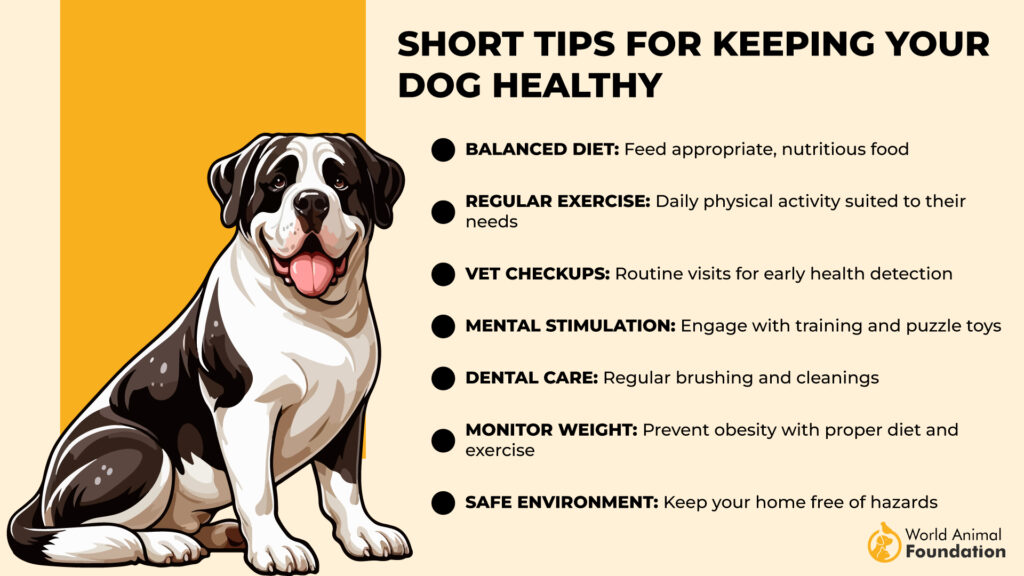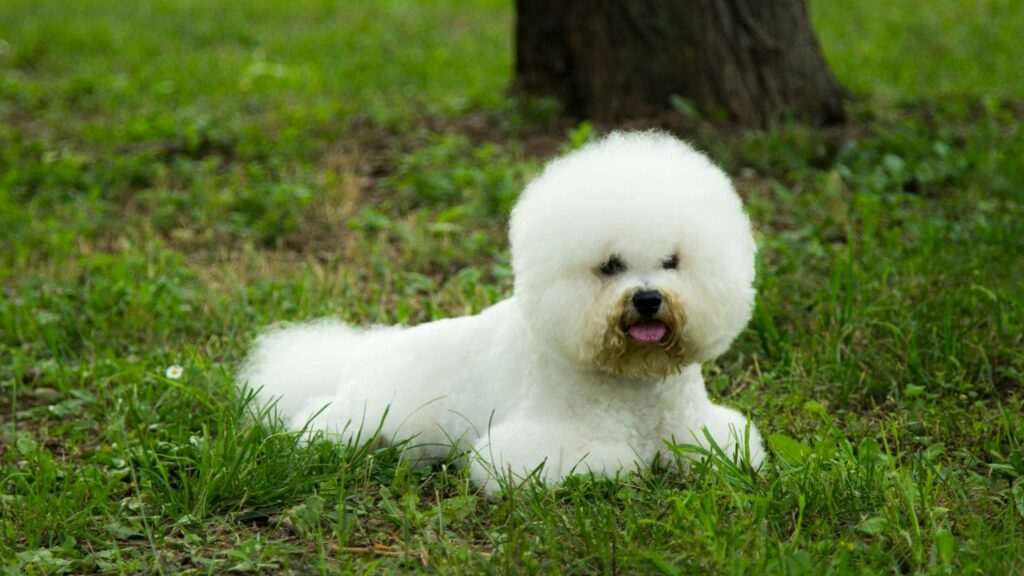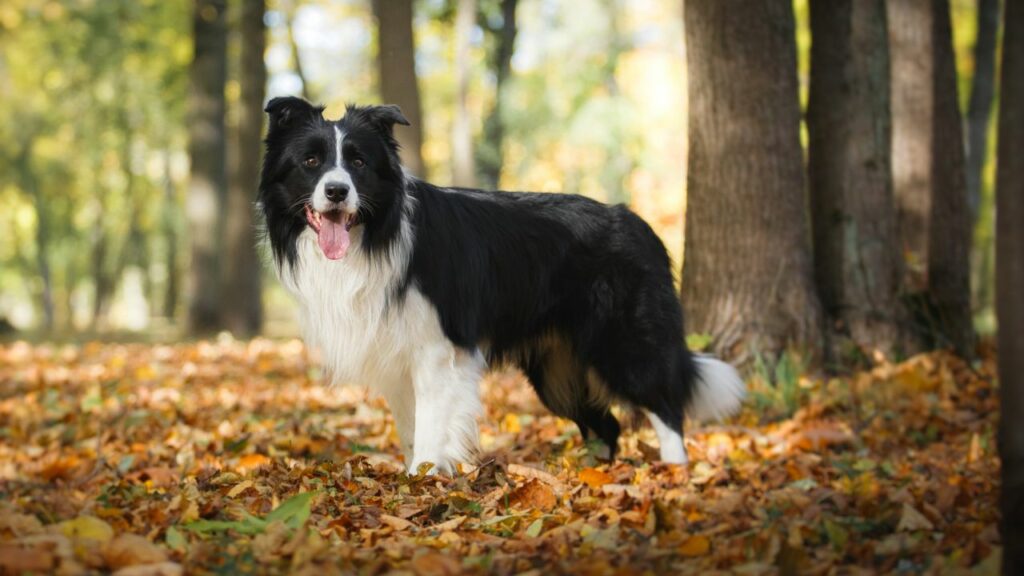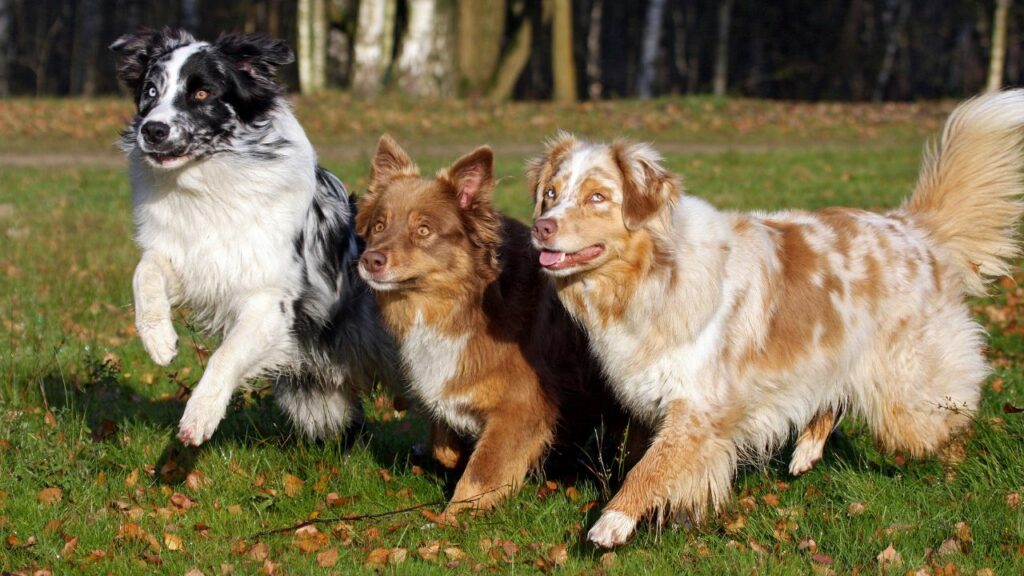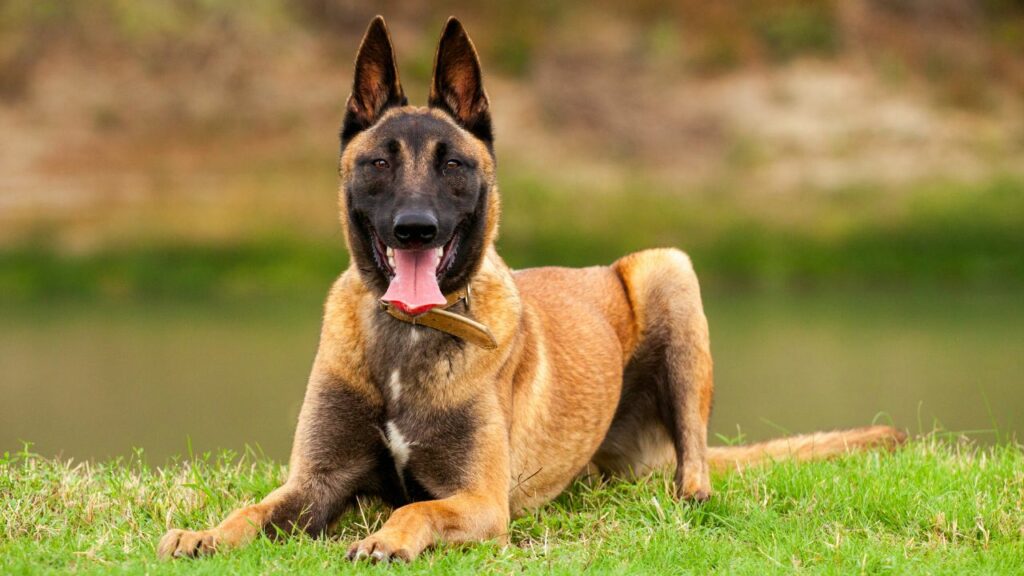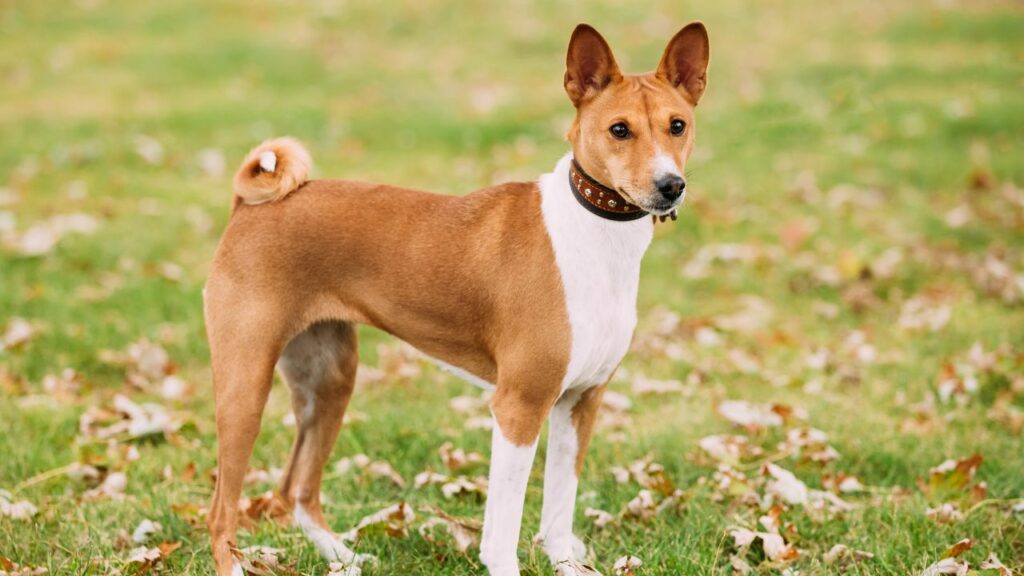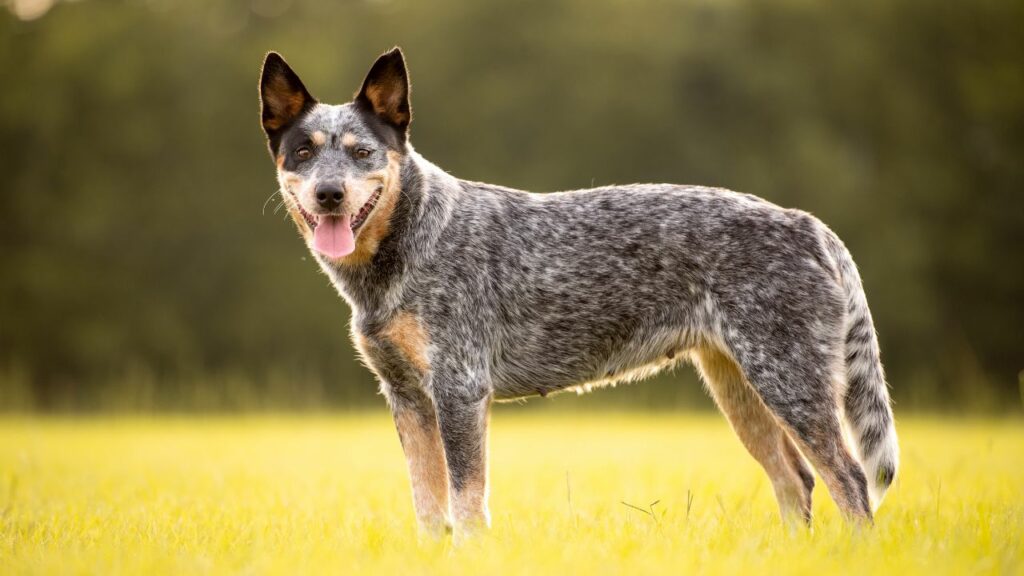Tired of hefty vet bills and worrying about your furry friend’s health? Choosing the right breed can significantly impact a dog’s lifespan and well-being. While no breed is entirely immune to health issues, some are genetically predisposed to fewer problems. This article explores seven robust dog breeds known for their resilience and relatively low incidence of health complications, helping you choose a canine companion who’s likely to enjoy a long, happy, and healthy life by your side. Discover these remarkably healthy breeds and find the perfect, robust pup for your family.
Just like any member of your family, you want your dog to have a long, happy, and healthy life. Choosing a breed with fewer health concerns can bring peace of mind and reduce the number of vet visits, allowing you to focus on enjoying your time with your furry friend.
Every dog is unique, with differences in size, temperament, and overall health. While no breed is immune to illness, certain breeds are known for their longevity and robust health, often attributed to their energy levels or smaller size.
A dog’s typical lifespan is only one factor in determining how healthy a breed is. Genetic predispositions to specific conditions and a dog’s activity level throughout their life can also play a role in their overall well-being. When choosing a breed, it’s important to be aware of what to expect in terms of health and care. Some breeds have fewer known health issues, making them a better fit for owners looking for a low-maintenance, healthy companion.
With that in mind, let’s explore seven of the best dog breeds that are known for having the least health issues.
Dog Breeds with the Least Health Problems
1. Bichon Frise
| Personality | Playful, peppy, curious |
| Energy Level | Regular Exercise |
| Height | 9.5-11.5 inches |
| Weight | 12-18 pounds |
| Life Expectancy | 14-15 years |
The Bichon Frise is a playful, affectionate dog with plenty of energy, though their small size means they don’t need long periods of outdoor exercise. While they love to stay active, it’s important to avoid overfeeding them, especially with treats, as they can be prone to weight gain.
According to PetPlan, Bichons have a relatively long lifespan but may face common health issues like diabetes, liver problems, bladder stones, and allergies. If diagnosed with any of these conditions, your vet can help guide you on dietary changes to keep your Bichon healthy.
Bichon Frises are ideal pets for novice owners and families with children or other pets, particularly those who spend a lot of time at home. These dogs thrive on companionship and require plenty of interaction, including training and playtime, to keep their minds and bodies engaged.
2. Beagle
| Personality | Friendly, curious, merry |
| Energy Level | Energetic |
| Height | 13 inches & under, 13-15 inches |
| Weight | under 20 pounds (13 inches & under), 20-30 pounds (13-15 inches) |
| Life Expectancy | 10-15 years |
Beagles are generally a healthy breed, though, like all dogs, they can be prone to certain health issues. One of the biggest concerns with Beagles is their love of food, which can make them prone to obesity if not properly managed with a balanced diet and regular exercise.
However, with routine vet care, many health problems can be detected early and treated promptly, helping to keep your Beagle in great shape. Beagles also benefit from scent training and structured feeding routines to help manage their appetite.
Beagles are affectionate and loyal pets, making them wonderful companions for families. Their small size is ideal for households with limited space, and they tend to get along well with children.
3. Border Collie
| Personality | Affectionate, smart, energetic |
| Energy Level | Needs Lots of Activity |
| Height | 19-22 inches (male), 18-21 inches (female) |
| Weight | 30-55 pounds |
| Life Expectancy | 12-15 years |
Border Collies are generally healthy and hardy dogs, especially since they are bred as working animals. With their boundless energy, these dogs need regular exercise and thrive when they have a job to do, providing both physical and mental stimulation.
Known as one of the smartest dog breeds, Border Collies are happiest when their sharp minds are engaged. While Border Collies are tough dogs, they are prone to certain genetic conditions, such as Collie eye anomaly, which affects the development of the eye.
Fortunately, this condition can be tested for, so it’s important to ensure that any Border Collie puppy’s parents have been properly screened. According to WebMD, this helps reduce the risk of your pup inheriting health issues that could impact their quality of life.
4. Australian Shepherd
| Personality | Smart, work-oriented, exuberant |
| Energy Level | Energetic |
| Height | 20-23 inches (male), 18-21 inches (female) |
| Weight | 50-65 pounds (male), 40-55 pounds (female) |
| Life Expectancy | 12-15 years |
Australian Shepherds, often called Aussies, are a medium-sized breed known for their impressive health and longevity. Despite their size, they enjoy lifespans similar to many smaller breeds, making them one of the healthier dog breeds out there. These dogs are active, friendly, and have a strong protective instinct, often keeping a watchful eye over their home and family.
Aussies are true working dogs, excelling at tasks like herding livestock, participating in competitive sports, and even performing roles in search-and-rescue or police work. Their intelligence and drive keep them focused, and they sometimes even try to herd their human family members! To keep them happy, they need plenty of mental and physical stimulation, which makes them great pets for active households.
While Australian Shepherds can be prone to some health issues, like hip and elbow dysplasia or certain eye conditions, they are generally robust and resilient dogs. With proper care and regular check-ups, they tend to lead long, healthy lives, making them one of the top dog breeds with fewer health problems.
5. Belgian Malinois
| Personality | Confident, smart, hardworking |
| Energy Level | Energetic |
| Height | 24-26 inches (male), 22-24 inches (female) |
| Weight | 60-80 pounds (male), 40-60 pounds (female) |
| Life Expectancy | 14-16 years |
The Belgian Malinois is known for its long lifespan and overall good health, particularly when bred by responsible breeders. While they are generally a healthy breed, PetMD notes that they can be predisposed to some hereditary joint conditions, such as elbow and hip dysplasia, which can lead to joint pain and arthritis as they age.
Despite these potential concerns, Belgian Malinois are considered robust dogs. Highly energetic, the Belgian Malinois makes an excellent companion for active pet owners who enjoy outdoor activities like hiking or cycling.
Their intelligence and drive also make them exceptional working dogs, often trained for roles such as herding and drug detection. These hardy and versatile dogs make loyal, healthy companions for those who can meet their exercise and mental stimulation needs.
6. Basenjis
| Personality | Independent, smart, poised |
| Energy Level | Energetic |
| Height | 17 inches (male), 16 inches (female) |
| Weight | 24 pounds (male), 22 pounds (female) |
| Life Expectancy | 13-14 years |
According to AKC, Basenjis are generally healthy dogs, with responsible breeders screening for conditions like hypothyroidism, IPSID (a type of inflammatory bowel disease), and canine hip dysplasia. Known for their independence and energy, Basenjis are often compared to cats due to their aloof nature and fastidious grooming habits.
These intelligent and curious dogs need plenty of mental and physical stimulation to keep their active minds engaged and out of mischief.
In terms of care, Basenjis are relatively low-maintenance. Their short coat requires only weekly brushing with a curry brush to manage shedding, making them an easy breed to maintain. With proper care and stimulation, Basenjis can make great, healthy companions.
7. Australian Cattle Dog
| Personality | Alert, curious, pleasant |
| Energy Level | Needs Lots of Activity |
| Height | 18-20 inches (male), 17-19 inches (female) |
| Weight | 35-50 pounds |
| Life Expectancy | 12-16 years |
The Australian Cattle Dog is well-known for its impressive longevity, with the breed even holding the record for the oldest known dog—Bluey, who lived an incredible 29 years and five months. This remarkable lifespan is a testament to the breed’s overall robustness and durability.
While they are generally healthy dogs, potential owners should be aware of certain health conditions that can affect the breed, such as heart issues, eye defects, deafness, and orthopedic problems like hip dysplasia. However, with proper care, Australian Cattle Dogs often lead long, active lives.
Bred for tough tasks, Australian Cattle Dogs are alert, intelligent, and courageous. Their loyalty to their owners is unmatched, and they tend to be cautious around strangers, making them excellent watchdogs without being prone to excessive barking. Due to their high intelligence and boundless energy, they require plenty of mental and physical stimulation to stay happy and prevent boredom, which can sometimes lead to mischievous behavior.
Conclusion
Choosing a healthy dog breed not only ensures a longer, happier life for your canine companion, but it also provides peace of mind for pet parents who want to avoid frequent vet visits. While no dog is entirely immune to health concerns, being informed about the typical wellness of a breed can make all the difference in the quality of life you provide for your pet.
Whether you’re drawn to a dog breed native to a specific region or seeking one of the healthiest dog breeds, understanding the unique needs of each breed is key to keeping your dog healthy.
Remember, the choice of the only dog breed you bring into your home should align with your lifestyle and expectations. By selecting a breed known for its resilience and health, you’re not only gaining a loyal companion but also giving yourself the best chance at a long, joyful relationship with your new best friend.
Choosing a dog breed with fewer predisposed health issues can lead to a happier, longer life for your pet and potentially lower veterinary costs. While no breed is entirely immune to health problems, the seven highlighted—including the Australian Cattle Dog, Beagle, and Siberian Husky—stand out for their generally robust constitutions. However, responsible breeding practices, regular vet checkups, and a healthy lifestyle remain crucial for any dog’s well-being. Ultimately, the “best” breed depends on individual lifestyles and preferences, but considering these healthier options is a great starting point for prospective dog owners.


